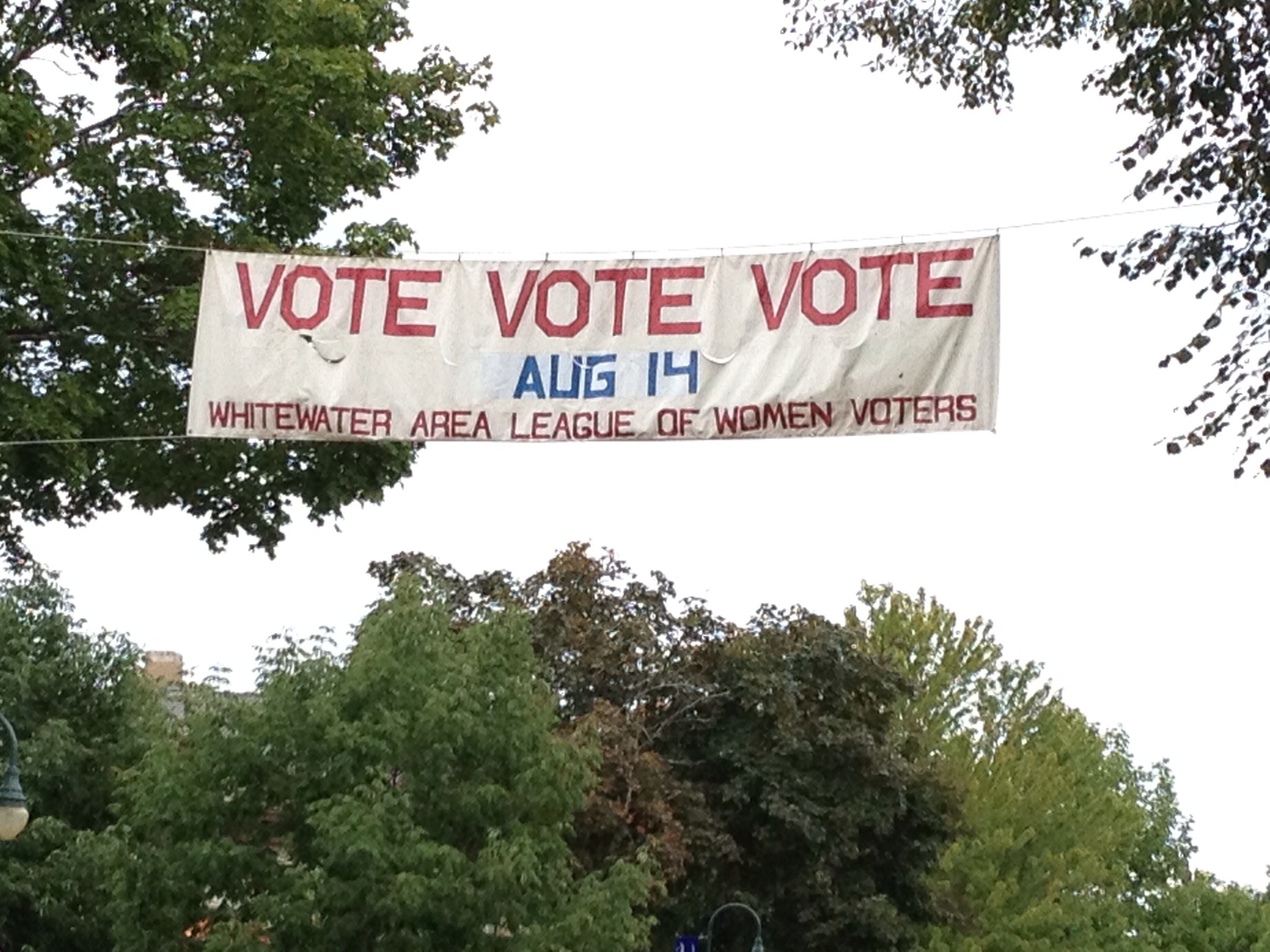Watching Whitewater’s recent Planning Commission, one saw an attention to detail about a factory building’s wall color, general style, and lighting that lasted for 13:28 minutes, from approximately 11:30 to 24:58 during the session.
It’s not the particular focus on an applicant’s building, but what it says about ordinary due diligence in reviewing bigger projects, that matters.
Common Council’s representative to the Planning Commission spent more public time considering a building’s color, etc., than anyone did in open-session deliberation at Common Council over of a preliminary agreement for a vast waste-digester project for Whitewater.
For open-session Planning consideration of a building’s colors, etc., on 8.13.12: thirteen and a half minutes.
For open-session Council voting on the waste-digester proposal on 6.19.12: less than ten minutes.
The return to [Common Council] open session was as brief as possible, merely to vote on the deal: no proper public hearing, community input, or public presentation (8:45 PM to 8:55 PM). That’s how to make sure secretive, ill-considered projects have the best chance of being adopted.
See, How to Keep a Public Deal from Common-Sense Evaluation.
I’ve asked over forty pertinent questions about that waste-digester project. When this city rushed that preliminary deal, how many of those questions could anyone voting have answered?
Even now, how many of those questions could anyone who moved for approval of the preliminary digester deal answer?
How many could its Interim City Manager, who a month ago offered in print only the tepid claim that it was his “understanding” that there were no problems with the deal, really answer?
For how many could the two local reporters, who have written about this deal, provide answers? (By the way, has there been a newspaper correction for the wholly erroneous story that described this deal as one with a Florida company?)

